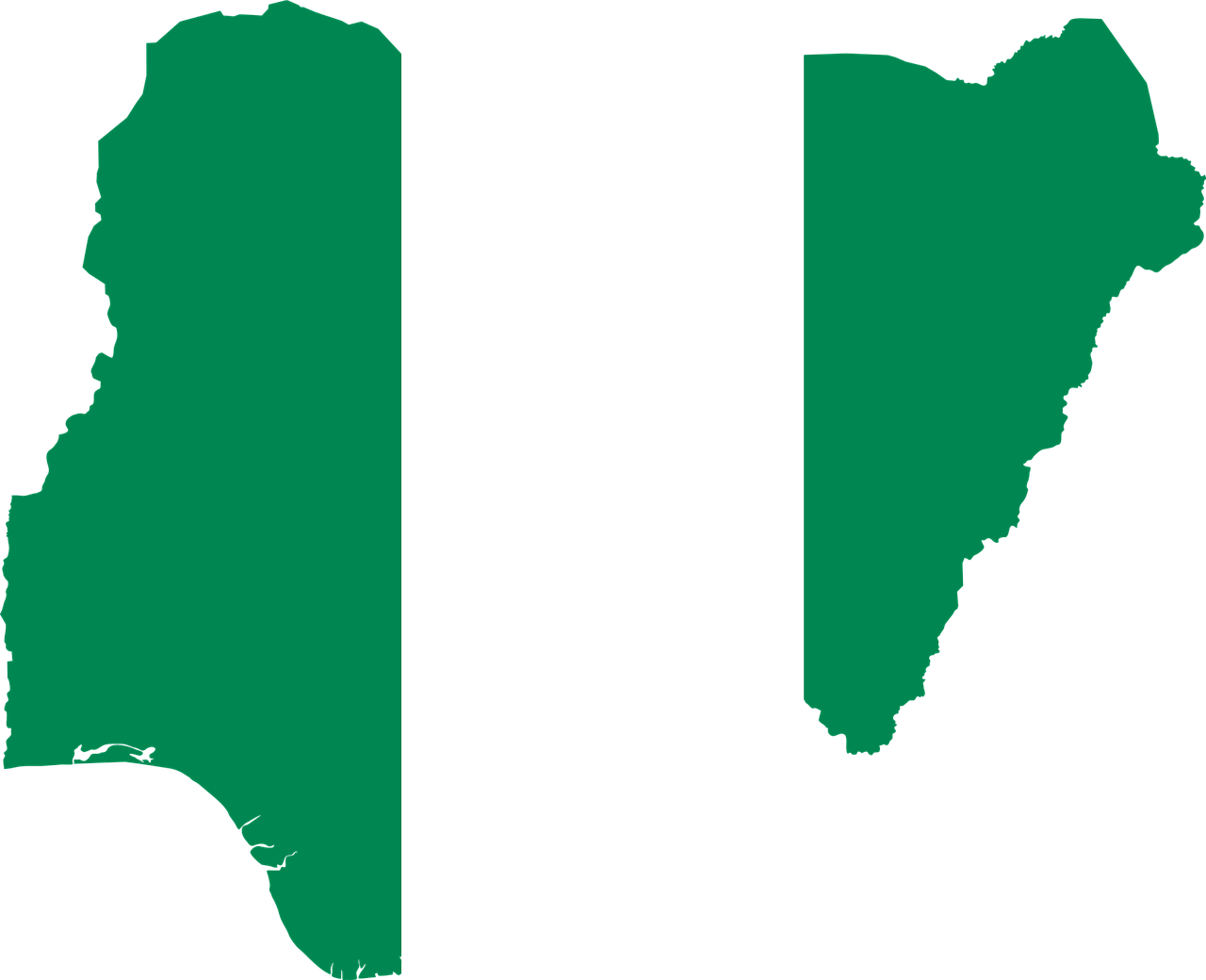Nigeria
Overview
The Giant of Africa, A Melting Pot of Cultures and Commerce
Nigeria, often referred to as the "Giant of Africa," is a powerhouse in the continent, both in terms of its vast population and its economic potential. Located in West Africa, Nigeria boasts a rich tapestry of cultures, languages, and landscapes, from the bustling streets of Lagos and the historic walls of Kano to the lush Niger Delta and the scenic Jos Plateau.
Lagos, the commercial capital, is a microcosm of Nigeria's dynamism, energy, and entrepreneurial spirit. With its skyscrapers, markets, and vibrant arts scene, it stands as a hub for business, entertainment, and innovation in the region. Abuja, the political capital, with its modern architecture and green spaces, reflects the nation's aspirations and its role on the global stage.
Nigeria's economy is diverse, with oil and gas being its major exports. However, sectors like agriculture, telecommunications, entertainment (especially the globally recognized Nollywood film industry), and fintech are witnessing significant growth. The nation's youthful population, rich in talent and ambition, is driving innovation and creating opportunities across various sectors.

Key indicators

Population

GDP per capita

Nominal GDP

Purchasing Power Parity GDP

Main export

Foreign direct investment

Stock market capitalization

GDP growth rate
- Economic Snapshot
- Business Environment
- Startup Ecosystem
- Infrastructure & Technology
- Opportunities & Challenges
- Cultural Insights
Nigeria stands as the economic powerhouse of Africa, primarily driven by its oil and gas sector, which contributes about 90% of its export revenue. Beyond oil and gas, the nation's economy is diversified with significant contributions from agriculture, telecommunications, services, and manufacturing. Trade dynamics reveal that Nigeria's primary export partners encompass India, the United States, and the European Union. While oil remains the dominant export, the country also imports machinery, chemicals, and various manufactured goods.
In recent years, Nigeria has been keen on enhancing its business environment. Efforts have been channeled towards reforms that simplify business registration processes and bolster access to credit. The Nigerian Investment Promotion Commission (NIPC) has been at the forefront, offering enticing incentives for foreign investors. Additionally, several Free Trade Zones across the country provide tax breaks and other benefits to businesses. However, despite the country's young and dynamic workforce, unemployment remains a significant challenge.
Lagos and Abuja have emerged as Nigeria's primary tech hubs, teeming with incubators, accelerators, and coworking spaces. The startup scene has witnessed the rise of internationally recognized companies like Flutterwave, Andela, and Paystack. The investment landscape in Nigeria is vibrant, with fintech, agritech, and healthtech startups attracting significant attention from both local and international venture capitalists.
Nigeria boasts a comprehensive network of roads, railways, and airports, with the government continually investing in infrastructure development. Modernization efforts are especially noticeable in the railway and port sectors. On the digital front, there's a concerted push to expand digital infrastructure, leading to increased internet penetration and mobile connectivity. While Nigeria is energy-rich, especially in oil and natural gas, consistent power generation and distribution have been longstanding challenges.
Nigeria's vast consumer market, coupled with its abundant natural resources and youthful population, presents a plethora of opportunities across various sectors, from agriculture to tech. However, the nation also grapples with challenges, including infrastructure deficits, regulatory hurdles, and security concerns in specific regions.
Nigeria is a multicultural country with a rich history and heritage. The country is home to over 250 ethnic groups, each with their own unique culture and language. The most populous ethnic groups in Nigeria are the Hausa, Yoruba, Igbo, and Fulani.
Nigerians are generally friendly and welcoming. They are also known for their strong sense of community and family. Nigerians place a high value on respect for elders and authority figures.
Some of the most important cultural traditions in Nigeria include:
- Greetings: Nigerians are very respectful when greeting each other. It is customary to shake hands and make eye contact when greeting someone. It is also customary to greet elders by kneeling or bowing.
- Hospitality: Nigerians are very hospitable. They often invite guests into their homes and offer them food and drinks. It is considered rude to refuse a Nigerian's hospitality.
- Dressing: Nigerians dress modestly. Women usually wear long skirts or dresses, and men usually wear long pants and shirts.
- Food: Nigerian food is diverse and delicious. Some of the most popular Nigerian dishes include jollof rice, egusi soup, and pounded yam.
- Music and dance: Nigeria is known for its vibrant music and dance culture. Some of the most popular Nigerian musical genres include afrobeat, hiplife, and fuji.
Here are some tips for businesses and investors operating in Nigeria:
- Be respectful of Nigerian culture and traditions. This includes being respectful of traditional customs and beliefs.
- Be patient and understanding. Nigerians are generally relaxed and easy-going. It is important to be patient and understanding when doing business in Nigeria.
- Build relationships. Nigerians value personal relationships in business. It is important to build rapport with your Nigerian counterparts before getting down to business.

Investment Landscape & Opportunities in Nigeria
- Start-up & SME Investments
- Impact & Green Investments
- Government Bonds & Stock Market
- Public-Private Partnerships
- Foreign Direct Investments
- Commodities & Infrastructure Investments
- Real Estate Development
- Cultural and Creative Industries

Leading
startups in Nigeria
Comming up soon

